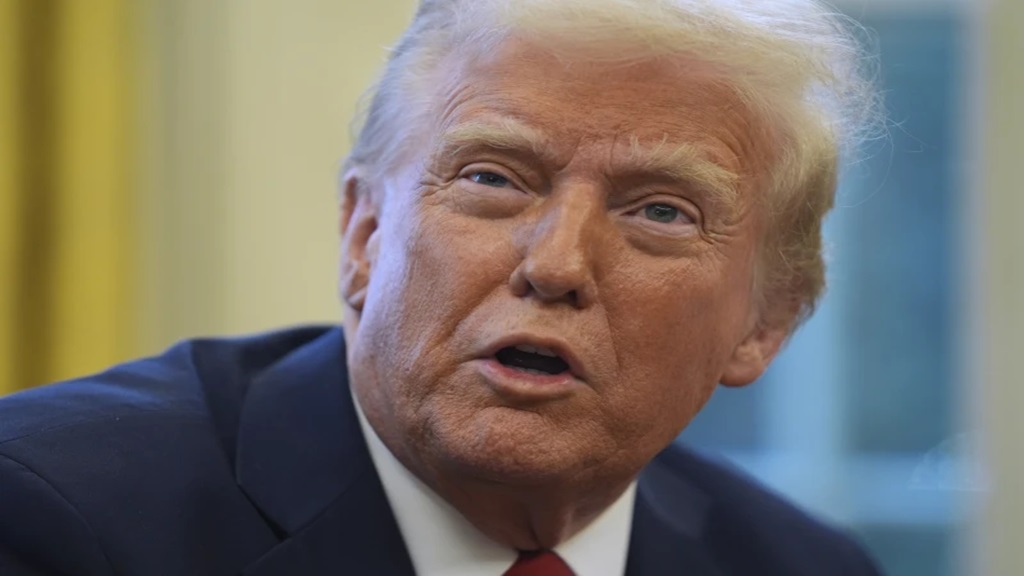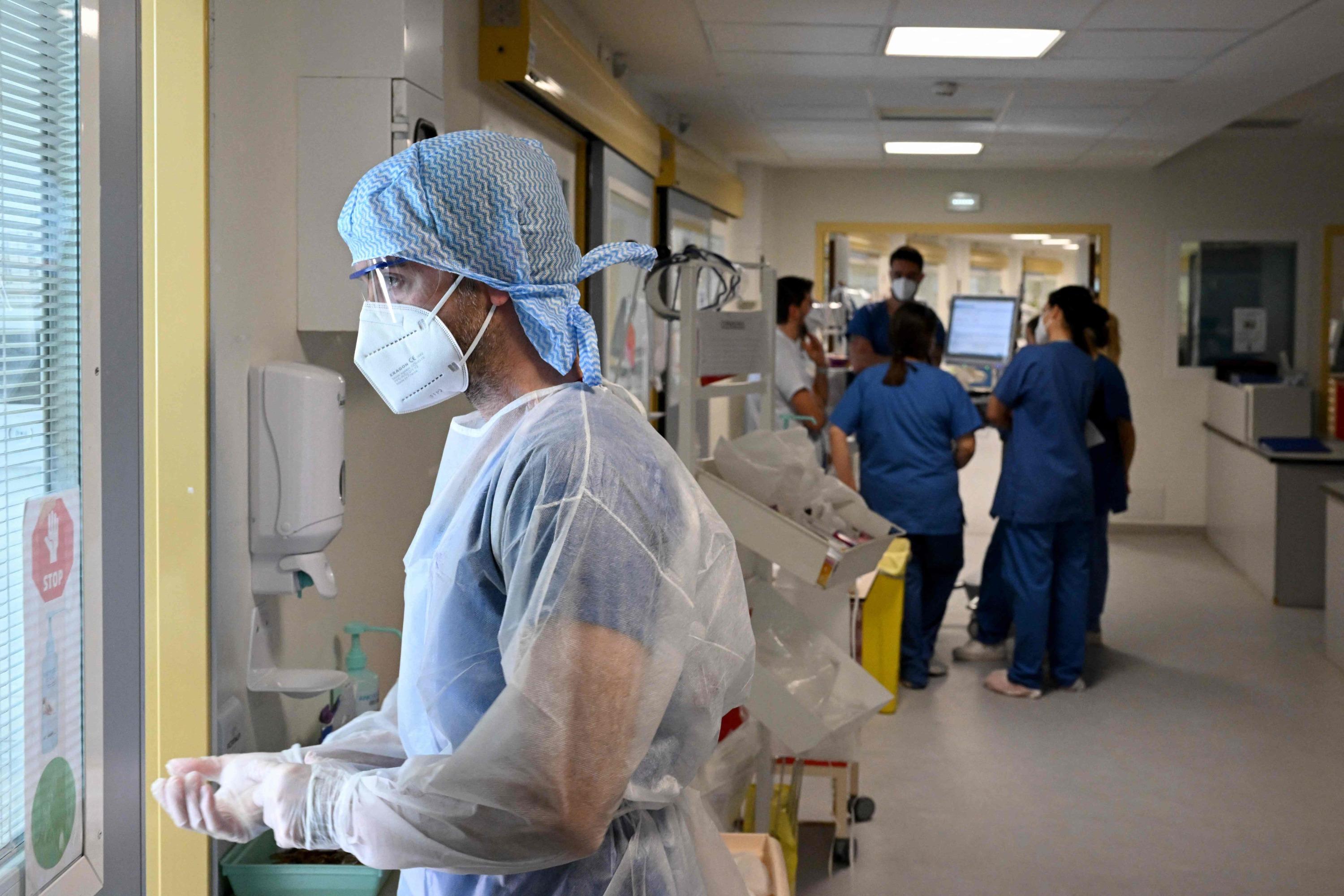“Quite a difficult year” Electro strategy at risk? Volkswagen sales in China collapse by 14 percent
Volkswagen’s sales in China fell significantly in 2021. Reason are the chip crisis and the problems in the supply chains. The weakening business in China is also putting pressure on CEO Herbert Diess.
Sales of the Volkswagen group in its largest single market in China increased by 14 percent last year broken into. The reason given by VW China boss Stephan Wöllenstein on Tuesday in front of journalists in Beijing was the Shortage of semiconductors and the problems in the supply chains. “It was quite a difficult year.”
The decline primarily affected the volume brands Volkswagen and Skoda , reported Wöllenstein. The premium brand
“600,000 cars were lost in production,” said Wöllenstein, referring to bottlenecks that would have hampered sales. He cited the lack of semiconductors, corona outbreaks and subsequent production stops as well as a fire at a Japanese supplier as reasons. “It’s a complex system of restrictions that changes really weekly,” Wöllenstein said.
The Volkswagen Group’s market share in China, which had long been 14 or 15 percent, fell to 11 percent. This year, however, the Volkswagen group wants to catch up again, as Wöllenstein said. While the overall market is expected to grow by four percent, Volkswagen intends to increase by 15 percent. “We want to win back disproportionately what we have lost disproportionately in the past year.”
However, there are still uncertainties. “The semiconductor risks are difficult to assess.” Wöllenstein was also concerned about the first omicron outbreak in China in Beijing’s neighboring city of Tianjin and possible further lockdowns. In Tianjin, the Volkswagen plant has already had to stop production temporarily. Curfews or production stops often come overnight, meaning that supply chains have to be adjusted. But they also passed quickly. “There could be a whole bunch of minor issues though.”
Top jobs of the day
Find the best jobs now and to be notified by email.
Because of the strict entry restrictions and the forced quarantine of three weeks in China, it is also difficult to bring foreign skilled workers into the country. “A minimum of international experts is still necessary and wanted,” said Wöllenstein. However, it is difficult to motivate professionals to go to China, especially if they also have children. “The industry is suffering.”
Sales of electric cars from Volkswagen’s ID family developed positively at the end of the year. After missing the target for 2021 of 80,000 to 100,000 and actually selling “just over 70,000”, Wöllenstein wants to “at least” double sales this year. He was confident that Volkswagen could sell any ID car that could be built.
However, Wöllenstein will not be head of China for much longer. CEO Herbert Diess wants to replace him after three years with a successor. According to VW, this should not be a punishment for Wöllenstein – he is said to be moving to another important position in the group. That is not unusual after three years in such a post. It has not yet been officially decided when the change should take place and who will succeed Wöllenstein.
Volkswagen has lost its footing in China, its most important sales market. CEO Diess raised the alarm in the summer. He is now replacing the incumbent China boss Stephan Wöllenstein. What his successor has to cope with.
Wöllenstein was under pressure because the group’s electric offensive in China did not start as hoped. It is said that Diess has therefore declared the topic a top priority. Because he is also under pressure: If he does not succeed in getting the China business up to speed properly, it could be more dangerous for him than the Trouble with the works council . The Chinese market is extremely important to the major shareholders of the Porsche Piëch clan. With good reason: The People’s Republic is by far the most important sales market for VW. China accounted for 41 percent of global sales in the first half of 2021. How much the country contributes to the profit is top secret. But it is estimated to be at least three billion euros per year, i.e. around a third of the group profit.
© Handelsblatt GmbH – Alle Rechte vorbehalten. Nutzungsrechte erwerben?
Note: This article have been indexed to our site. We do not claim legitimacy, ownership or copyright of any of the content above. To see the article at original source Click Here














